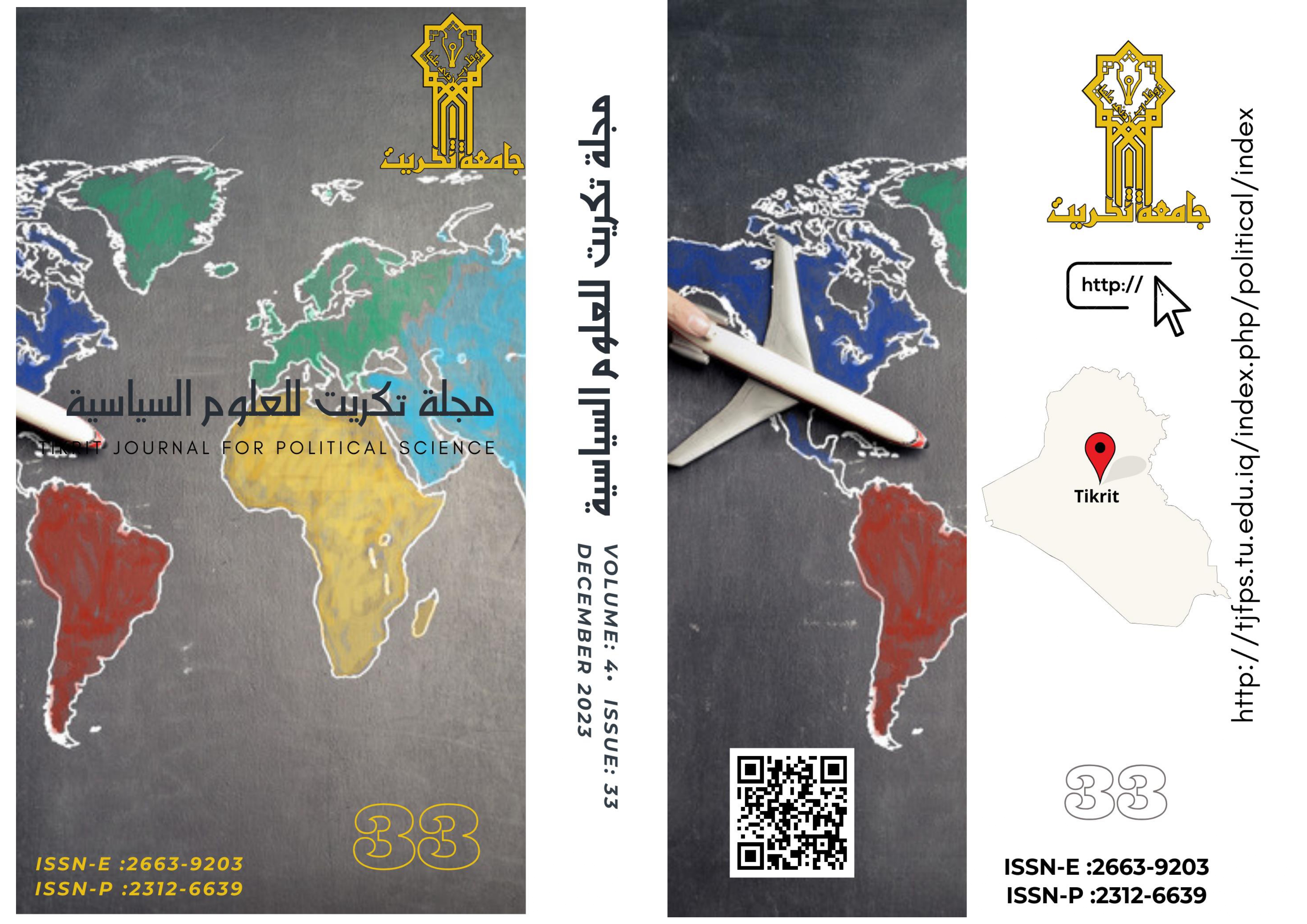" The reality of Iraqi foreign policy towards the Gulf Cooperation Council countries after 2005"
DOI:
https://doi.org/10.25130/tjfps.v4i33.273Keywords:
• Foreign policy • Iraq • the Gulf Cooperation Council • Gulf relations • After 2003Abstract
The political changes in Iraq after the US occupation in 2003 led to influencing many of the Iraqi foreign political stances towards the countries of the region, especially the Gulf Cooperation Council countries. Among the Iraqi leaders and decision-makers with policies that are not compatible with the vision and objectives of the Gulf Cooperation Council countries.
After 2005, Iraq's foreign policy towards the Gulf Cooperation Council (GCC) countries witnessed significant changes. With the improvement of security conditions in Iraq, the Iraqi government sought to enhance relations with its Gulf neighbors. Efforts focused on economic cooperation and cultural exchange, aiming to promote regional stability. Despite political disagreements and tensions, Iraq aimed to build trust and understanding with the GCC countries. This shift in relations reflects Iraq's new aspirations for sustainable regional partnership and the achievement of stability in the Gulf.





